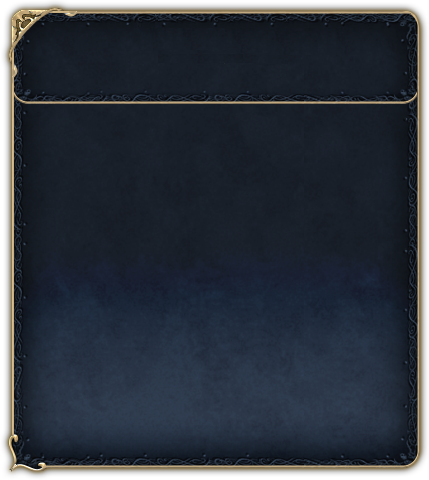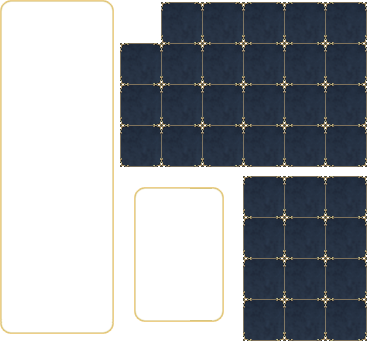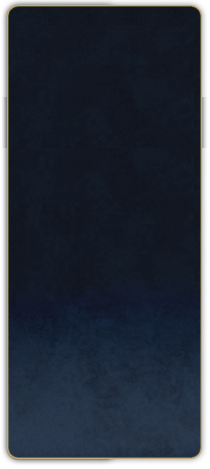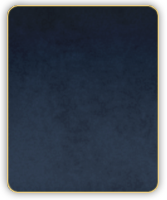| HP |
14925 |
| MP |
13240 |
| EN |
13039 |
| AC |
727/653 |
| ATK |
770/859 |
| |
| AA |
121 |
| HST |
100% |
|
| HP+ |
62 |
| MP+ |
18 |
| EN+ |
30 |
|
| STR |
354 |
| STA |
410 |
| AGI |
416 |
| DEX |
392 |
| WIS |
388 |
| INT |
395 |
| CHA |
377 |
|
| POISON |
404 |
| MAGIC |
302 |
| DISEASE |
331 |
| FIRE |
390 |
| COLD |
406 |
| CORRUPT |
30 |
|
| WEIGHT |
82 |
Last Updated: 3/3/2009, 6:40:41 AM

Biography
The Aois-dàna (Scottish Gaelic), or áes dána (Old Irish), literally meaning "people of the arts"; often translated as bards served as advisers to nobles and chiefs of clans throughout the Scottish Gàidhealtachd until the late 17th century. Many of them specialised in preserving the genealogy of families and recited family trees at the succession of chieftains.
The Aois-dàna were held in high esteem throughout the Scottish Highlands. As late as the end of the 17th century, they sat in the sreath or circle among the nobles and chiefs of families. They took the preference of the ollamh or doctor in medicine. After the extinction of the druids, they were brought in to preserve the genealogy of families, and to repeat genealogical traditions at the succession of every chieftain. They had great influence over all the powerful men of the time. Their persons, their houses, their villages, were sacred.
The related term, Aosdána is used in Ireland currently for an exclusive group of artists and writers.




























